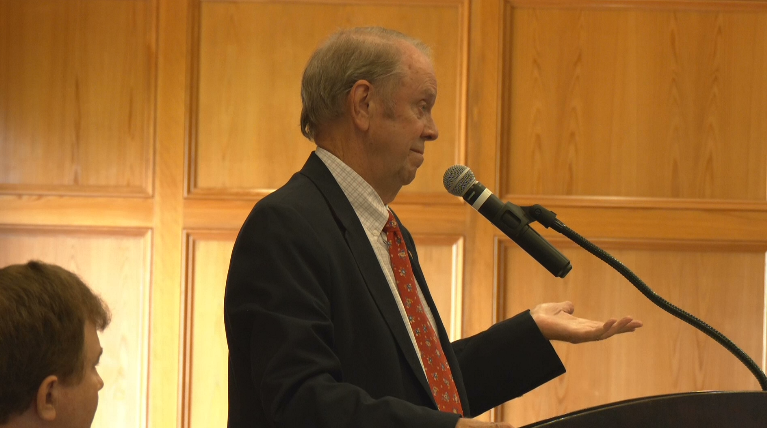Millennials’ declining health could sicken U.S. economy
Millennials are in bad shape, and their poor physical and mental health carries serious adverse economic consequences, according to a new report.
More millennials — those born between 1981 and 1996 — suffer from conditions including hypertension, high cholesterol, depression and hyperactivity at a higher rate than Gen-Xers did at the same point in their lives, Moody’s Analytics found in a report drawing on data from Blue Cross Blue Shield. As a result, the economic research firm estimates that, by 2027, health costs for young adults could run as much as 33% higher than they were for Gen-Xers at the same age.
Rising health care costs means a greater financial load on employers and workers, as well as the federal and state governments.
“Declining millennial health is causing health care expenses to increase, and that’s a financial burden, certainly on millennials but also on the broader economy,” said Mark Zandi, chief economist at Moody’s.
Less healthy, lower income
Medical problems can hurt millenials, who make up a quarter of the nation’s labor force, in another way — their paycheck. Moody’s says that health issues could result in sharply lower income for young adults over their careers, as employees are forced to miss work and are generally less productive.
“When people get sick, they have a harder time holding on to jobs, and once they get them, they spend fewer hours at work, they are more likely to be sick or tardy, and are less engaged and less focused, which is key to productivity growth,” Zandi said.
Poor health also discourages entrepreneurship, he added. “It affects people’s ability to start their own companies and take risks because they are wrapped up in their own health care problems and they can’t focus on anything else.”
Shock to the system
This so-called health shock can be traced back to the 2008 financial crisis, when millennials were in their late teens and early twenties. Many had recently graduated from college and were entering the job market for the first time.
“They came of age during a financial crisis and one of the worst economies we’ve suffered in 10 years. They were behind the financial eight-ball from the beginning,” Zandi said. “When they realized they couldn’t get suitable work, they stayed in school and took on student loan debt. They went through a very difficult time and the trauma has affected them.”
Some mental and behavioral conditions cropping up among millennials may be linked the financial insecurity that accompanied the crisis, while the opioid epidemic has exacerbated the problems for many young adults. Problems including depression, hyperactivity, and drug and alcohol abuse often require costly, long-term care.
“If this trend continues unabated and the health care shock continues to mount, it will be devastating on this generation and the economy,” Zandi said.





Leave a Reply